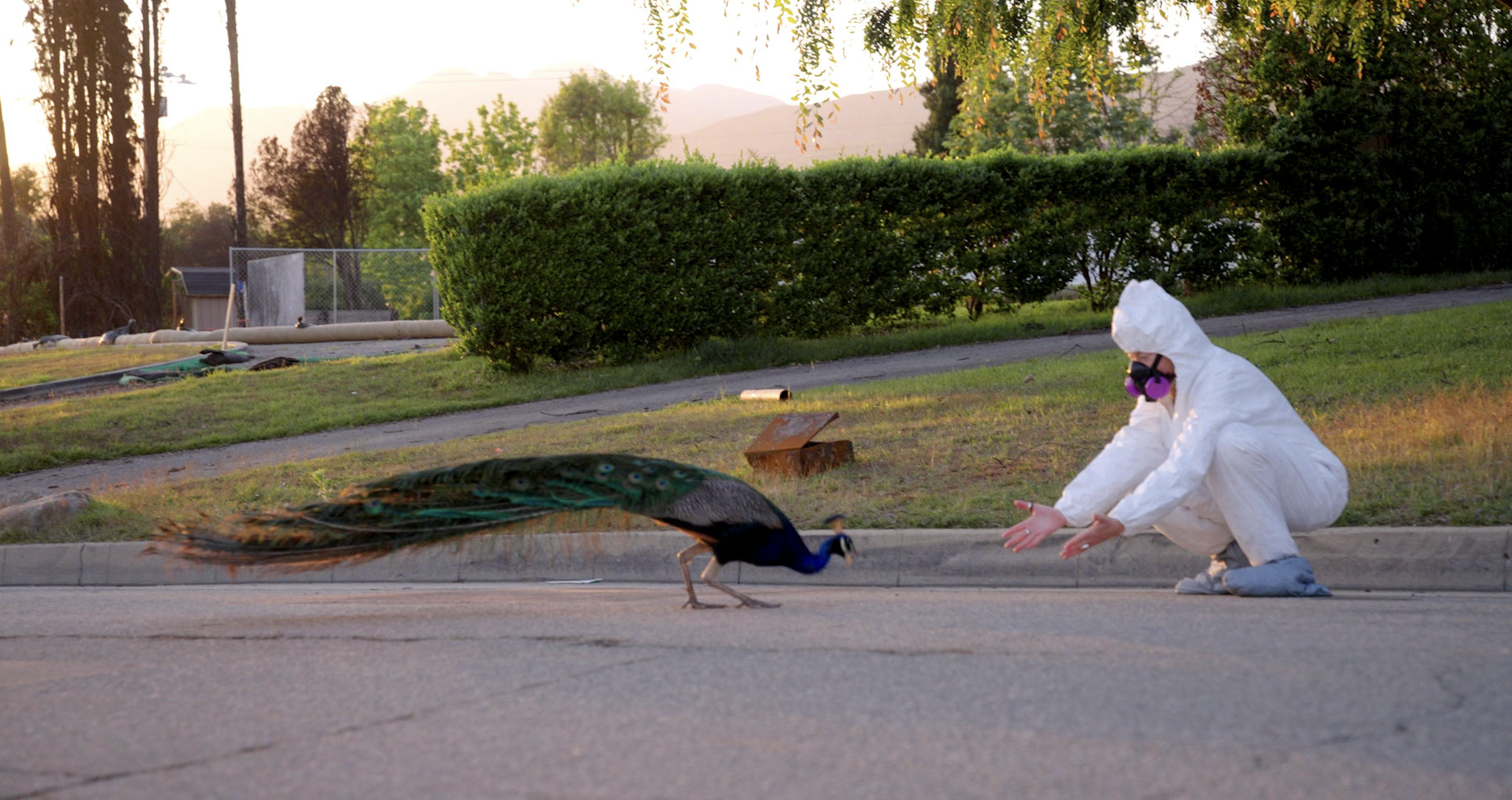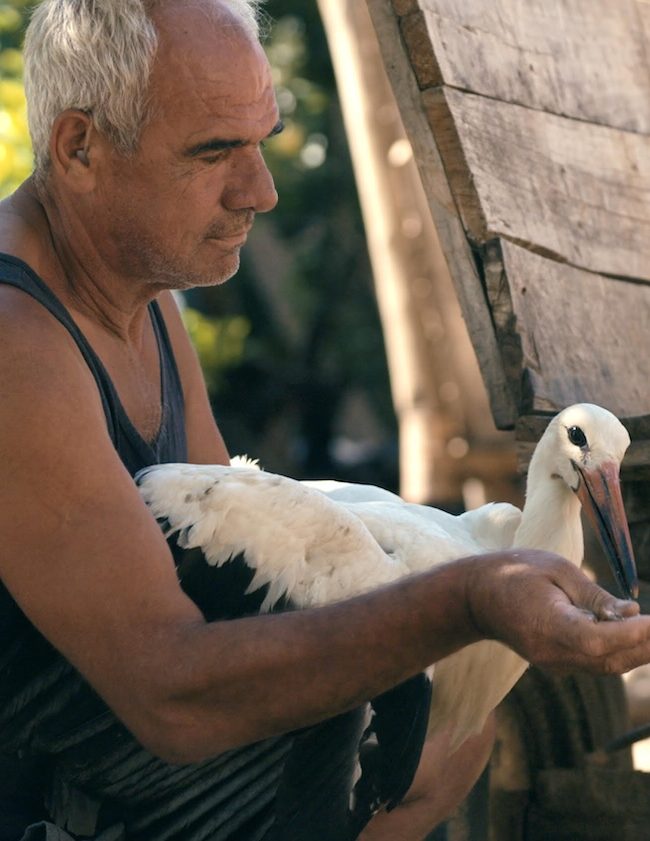ALL THE WALLS CAME DOWN

(Check out Matt Delman’s All The Walls Came Down movie review. The 38 minute documentary premiered at the Telluride Film Festival and is now selling out shows in Los Angeles, with a wider release to follow.)
Ondi Timoner is a documentarian known for telling personal stories. In Coming Clean she shed light on the opioid epidemic, and in Last Flight Home she chronicled her sick father’s wish to take his own life. So when word got out that Timoner was one of the unlucky ones who lost her house in the Los Angeles wildfires, it was no surprise to hear that she’d be making a film about it. The 38 minute short moves at a swift pace and packs plenty of emotion into its tidy runtime. At the center of the story is the community of Altadena’s incredible resilience in the face of the largest rubble event in the history of the United States.
The story focuses on Ondi’s personal tragedy of losing her home and all the memories along with it, before widening its lens to encompass the surrounding devastation. At one point she points out that the Pacific Palisades had 45 firetrucks respond, whereas the mostly-black town of Altadena had only 1. Many of the older residents of Altadena have reverse mortgages, but now that their houses have burnt down, they owe the bank a ton of money that they don’t have. The community organizers spotlighted in the film are incredible, and apply pressure to different elected officials that eventually proves fruitful.
There are some bright spots amidst the grey clouds. Most of the local peacocks seem to have survived. A lyrical sequence about the visual beauty of the wildfire personifies the flames as dancers on the hilltops, before descending into the population centers below. Towards the end of the film, Ondi’s son joins her in the wreckage. He points out to her that his teenage years in that house were marked by depression, and that he feels a sense of freedom from the aftermath of the fire. Other residents don’t share that same sentiment, and are shackled to live in a hotel room until the rebuilding can commence. They must buy every single thing from scratch, down to the silverware and plates to eat off of.
Timoner often speaks to us through a respirator, and it’s nice to see her face finally at the 26 minute mark. She takes us into an animal shelter– which, if you’re not already bawling by this point, are you even human? For Angelenos, All The Walls Came Down will hit close to home, but for everyone else it will put faces to the headlines. What begins as intimate becomes more political by the end, proving that community activism is the phoenix rising from the ashes. While the road ahead will be difficult, a film like this can hopefully make the recovery process move quicker. All The Walls Came Down will live on as both a personal and historical document that is heartbreakingly beautiful.
– Matthew Delman (@ItsTheRealDel)
Ondi Timoner; All The Walls Came Down movie review











